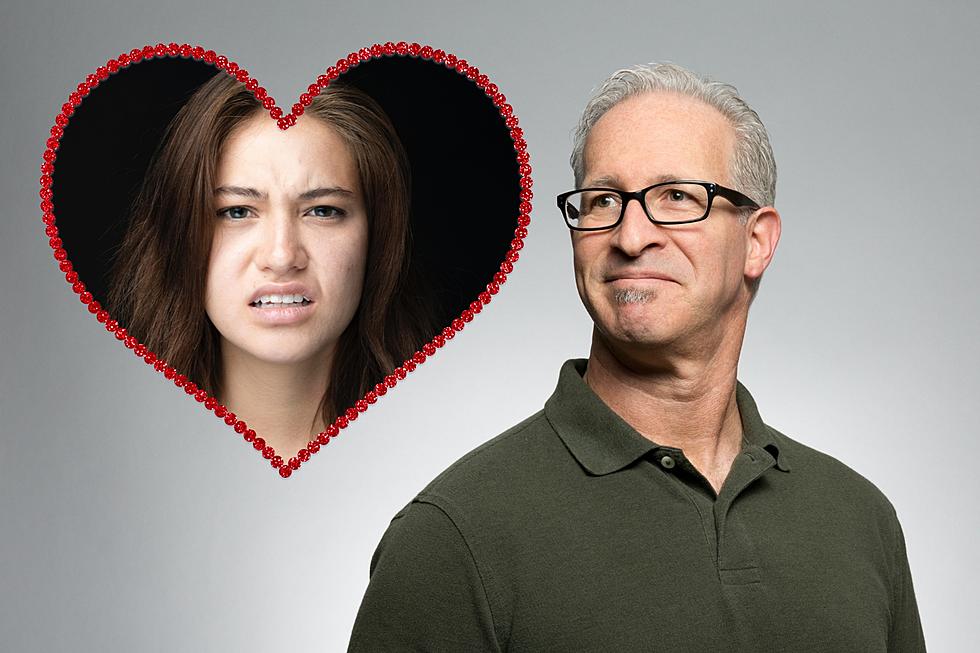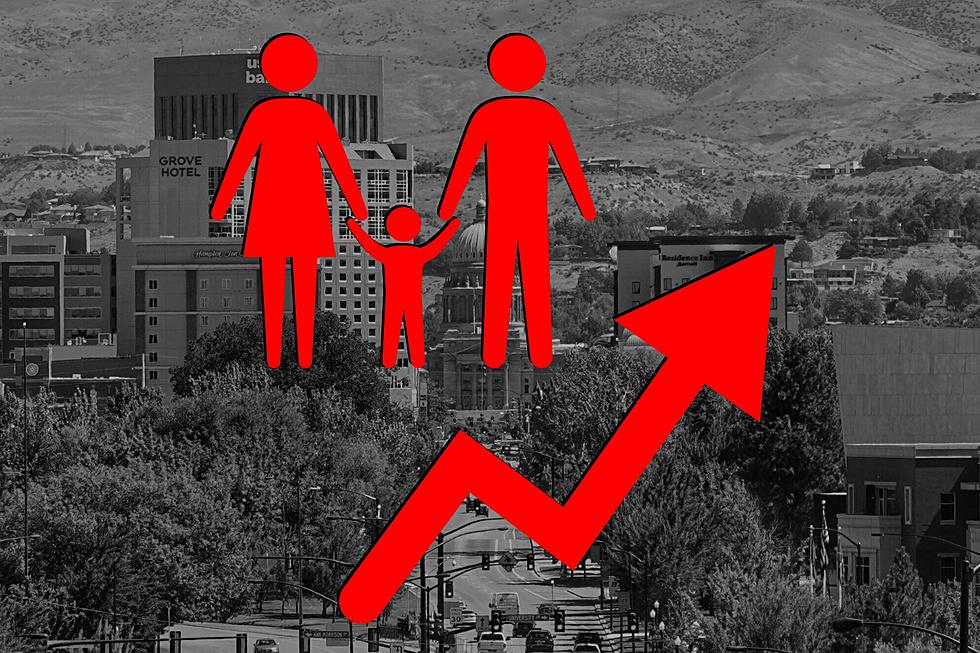
Guys, Why is it so Hard to Say I Love You?
In May of last year, a friend turned me on to a powerful read in the New York Times. The focus hit close to home and made me realize it's true for me too. It's hard for guys to tell other guys "I love you."There's no great reason for this. In fact, I think there are many reasons this is incredibly lame, or at least, leading us to miss out on a genuine connection with other men who are some of our closest and most important relationships in our lives.
The article lays out one man's example of the struggle to figure out where the line is when addressing other guys - from family to his best friend - and what he arrived at as to what can be said, how it might be reciprocated, and the constructs at play.
But he doesn’t say it back. Mostly I’ve said it when we’re leaving each other, a couple of times over the phone, once when I was drunk, another time when he was hurt and I was trying to be supportive. There’s always silence for a moment, and then he says something like, “Yeah, bro, I’ll catch you soon.” - /New York Times
That is one quick paragraph that sets up the brilliance of the article and the shared experience of the author that I would guess many of us can relate to.
Carly and I touched on this on the air and dug in a little deeper in our clip below:
I hate to admit, this has been something I have struggled with for years in my life. I'm not someone has a natural ability to be emotionally accessible. Even telling my family members that I loved them was a skill I had to learn and attempt to understand better.
There were times when I was married, especially early on, where I realized that I wasn't giving my wife an accurate read of how much I loved her, yet I could tell other people and be effusive with my praise. Somehow, the words "I love you" were just difficult for me to use.
That was even more profoundly true with men in my life. For a while, it was even hard to say it to my Dad. I've improved there and enjoy sharing that affirmation as I know it's meaningful both to say and to hear.
With friends however, I'm far more stereotypical than I wish I was. There is the baggage of the ignorant childhood taunts of "that's gay" if you were to tell another guy you loved them. You couldn't possibly mean that and not have some secret sexual connotation attached. Add to that fact that I haven't made friends easily and usually had a smaller circle, and the opportunity, need, and reality to grow in this skill wasn't present to the degree if might have been for others.
Over the last few years, I've grown in this area. It still means fighting the instinct of questioning if I feel that strongly or want to put forth those words. It still means wondering if it will be received and welcomed, even when I'm nearly certain it's a feeling that's mutual, but it also means I'm willing to be more open than I have been before, and I'm seeing and feeling the benefit to doing so.
Having said all that, I still haven't been the first to initiate the use of the "l-word" yet.
At this point, saying "I love you" to my son is natural and easy. I have no problem with my Dad. I also have one friendship (though that definition doesn't accurately reflect the dynamic as it's somewhere between friends and brothers) that includes a regular "I love you." We typically send a quick text saying goodnight and say it then, and we rarely leave each other's company without that note at the end. It's become a part of our dynamic, and one I welcome.
It has also lead me to a new way of determining if and when it might be right to tell another guy "I love you." I've simplified the criteria down to this; Do I want them to know it and would I regret not saying if I never had another chance?
If the answer is yes to those questions, it's an easy choice. Play the "l-word."
More From Mix 106









